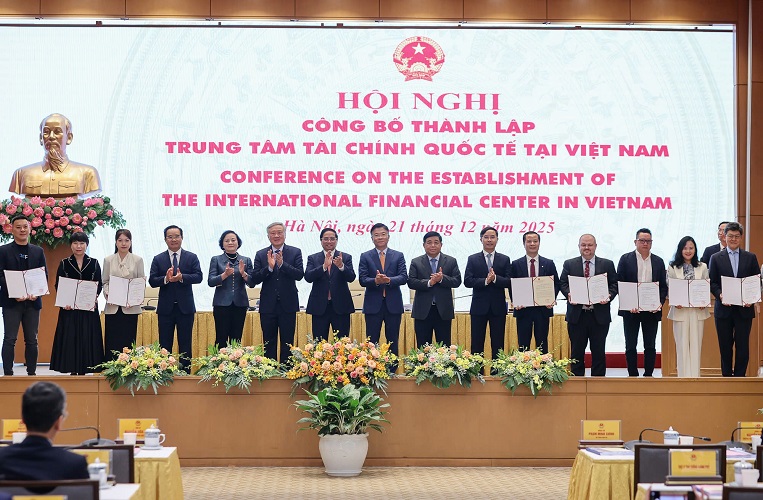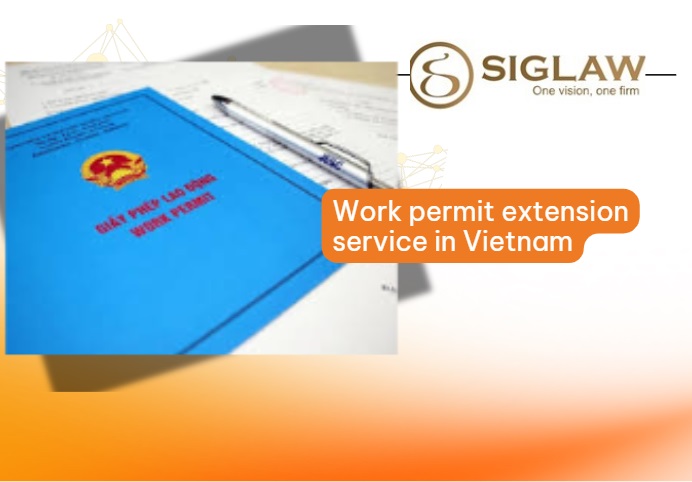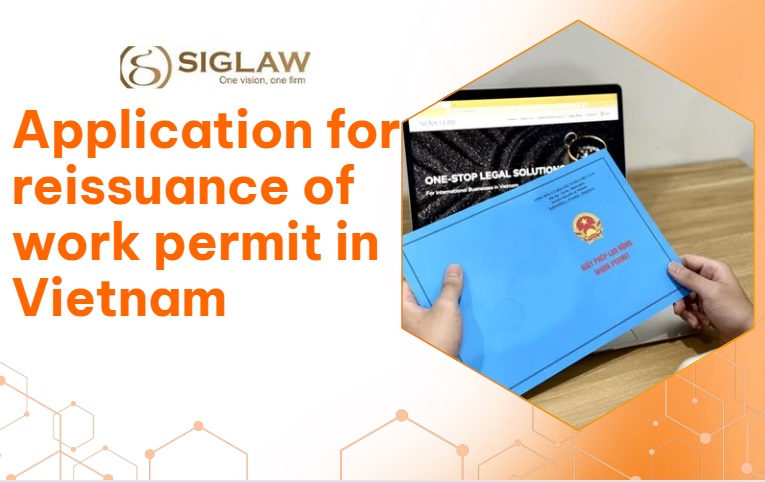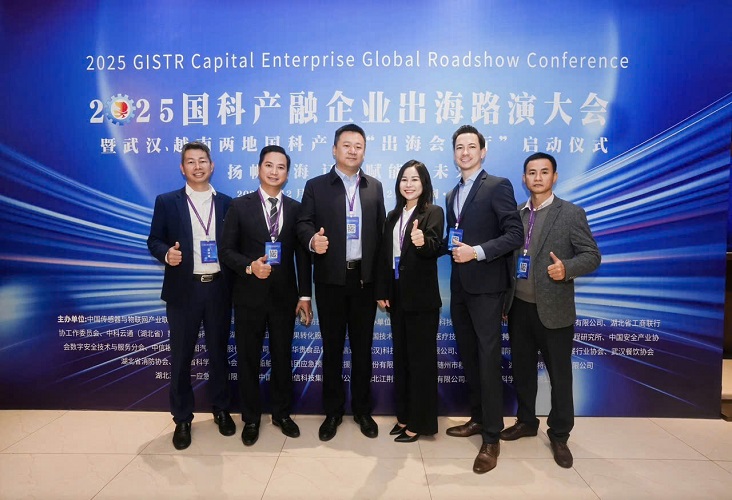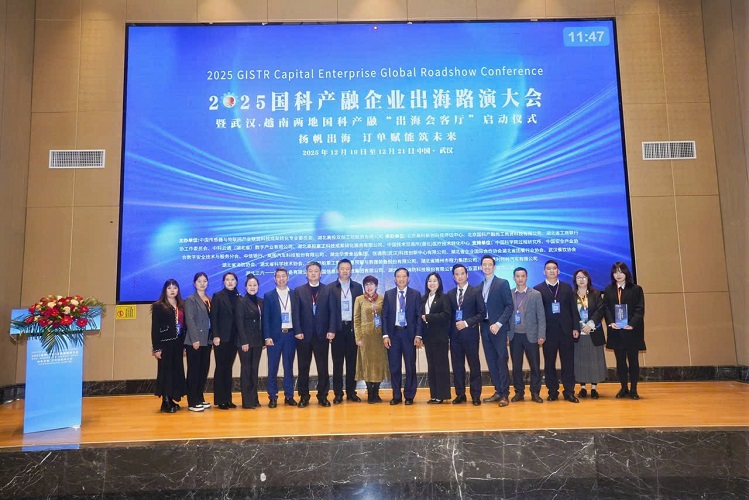Must-pay taxes for foreign enterprises investors
LICENSE FEES
Definition: License fees is a tax that every type of business must pay.
HOW TO CALCULATE LICENSE FEES
The foundation for collecting license fees is based on the registered charter capital. For foreign enterprises, it is possible to base on the investment capital level to divide into three fee brackets below:
- a) The organizations with charter capital and investment capital over 10 billion dong: 3,000,000 dong/year;
- b) The organizations with charter capital and investment capital of less than 10 billion dong: 2,000,000 dong/year;
- c) The branches, representative offices, business location, public service providers and other business organizations: 1,000,000 dong/year;
CORPORATE INCOME TAX (CIT)
Definition
This is a tax that directly targets the income of enterprises. This tax comes from the income of enterprises from production and trading of goods, services and other types of income as prescribed by law. This tax is equal to the taxable income of enterprises minus reasonable expenses
Vietnam considers this tax as an important source of revenue to develop budgets invested in areas such as health, education, transportation, etc.
The nature of corporate income tax is proportional to the enterprise’s revenue (high income means higher contribution rate), tax exemption or reduction for low-income and disadvantaged subjects. Therefore, this tax acts as a tool to help balance the market, narrow the gap between rich and poor, regulate the effective allocation of resources in the economy, promote or prevent the development of certain industries or certain types of goods.
HOW TO CALCULATE CORPORATE INCOME TAX
| General formula | In case the enterprise has allocated funds for science and technology development |
| CIT payable = Assessable income x CIT rate | CIT payable = (Assessable income – Contributions to science and technology fund (if any)) x CIT rate |
In which:
| Assessable income | Taxable income | Tax rate |
| Assessable income = Taxable income
– Tax-free income – Carried forward loss |
Taxable income = Revenue – Deductible expenses + Other incomes | – Tax rate of 20%: Applicable to all enterprises established under Vietnamese law.
– Tax rate from 32% – 50%: Applicable to enterprises engaged in activities of searching, exploring, and exploiting oil and gas and other rare resources in Vietnam. – Tax rate of 50%: Applicable to enterprises engaged in activities of searching, exploring, and exploiting rare resource mines such as platinum, gold, silver, tin, etc. |
VALUE-ADDED TAX (VAT)
This is a tax levied on the added value of goods and services during the production, circulation and distribution process. Businesses should note that not all goods and services are subject to this tax. Specifically, some subjects include:
- Farming, breeding, aquaculture produces that have not been processed into other products or have only been preliminary processed by manufacturers or catchers when they are sold and imported.
- Salt products made of seawater, natural rock salt, refined salt, iodized salt of which the primary constituent is sodium chloride (NaCl)
- Irrigation and drainage; soil ploughing and harrowing; dredging of intra-field canals and ditches for agricultural production; harvesting of farm produce.
VAT CALCULATION METHODS
VAT calculation methods include tax deduction method and method of direct calculation on value added.
Tax deduction method
VAT payable = Output VAT – Deductible output VAT
In which:
- Output VAT equals the total VAT on sold goods and services written on the VAT invoices. The tax amount of a sold good or service recorded on a VAT invoice is determined by: The VAT written on a VAT invoice equals = taxable prices of goods and services multiplied by * corresponding tax rates.
Direct method
VAT payable = Rate (%) * Revenue
Direct VAT rates applied to various business lines:
– From goods distribution or goods supply: 1%;
– From services or construction exclusive of building materials: 5%;
– Manufacturing, transport, services associated with goods, construction inclusive of building materials: 3%;
– Other lines of business: 2%.
IMPORT TAX
Definition
This is a type of tax when foreign enterprises import and export goods have to pay.
How to calculate import and export tax
There are three methods to calculate import and export tax: Percentage method; Absolute method, Mixed method
In cases where goods are subject to tax by percentage, import and export tax payable is equal to the actual quantity of each imported and exported item multiplied by the taxable value and multiplied by the tax rate.
Import-export tax payable = Actual quantity of each imported-exported item x Taxable value x Tax rate.
In case of goods subject to absolute tax, import tax payable is equal to the actual quantity of each imported or exported item multiplied by the absolute tax rate multiplied by the tax calculation exchange rate.
Import-export tax payable = Actual quantity of each imported-exported item x Absolute tax rate x Tax calculation exchange rate
EXCISE TAX
Definition
This is an indirect tax levied on consumers of luxury products and services that are not necessary for daily life, or areas that the State wants to restrict. Foreign-invested companies that trade in products and services in the special consumption tax law must pay this tax.
List of goods and services subject to special consumption tax
| STT | |
| 1 | Cigarettes, cigars and other tobacco preparations used for smoking, inhaling, chewing, sniffing or keeping in mouth |
| 2 | Liquor |
| 3 | Beer |
| 4 | Under-24 seat cars, including cars for both passenger and cargo transportation with two or more rows of seats and fixed partitions between passenger holds and cargo holds |
| 5 | Two- and three-wheeled motorcycles of a cylinder capacity of over 125 cm3 |
| 6 | Aircraft and yachts |
| 7 | Gasoline of all kinds, naphtha, reformade components and other components for mixing gasoline |
| 8 | Air-conditioners of 90,000 BTU or less |
| 9 | Playing cards |
| 10 | Votive gilt papers and votive objects |
| 11 | Dance halls service |
| 12 | Massage parlors and karaoke bars service |
| 13 | Casinos; prize-winning video games, including jackpot and slot games and games on similar machines service |
| 14 | Betting service |
| 15 | Golf business service, including the sale of membership cards and golf playing tickets |
| 16 | Lottery business service |
Note: Goods subject to special consumption tax must be complete products, not including components to assemble these goods.
How to calculate special consumption tax
Special consumption tax amount = Special consumption tax value x special consumption tax rate
Phone: (+84) 961 366 238
Email:
- vphn@siglaw.com.vn
- vphcm@siglaw.com.vn
Headquarters: No.44/A32-NV13, Geleximco A, Le Trong Tan street, An Khanh, Hoai Duc, Ha Noi, Vietnam.
Southern branch: No.103 – 105 Nguyen Dinh Chieu Str., Xuan Hoa Ward, Ho Chi Minh.
Central branch: VIFC DN – ICT Building Software Park No. 2, Nhu Nguyet Street, Hai Chau Ward, Da Nang City
Facebook: https://www.facebook.com/hangluatSiglaw



